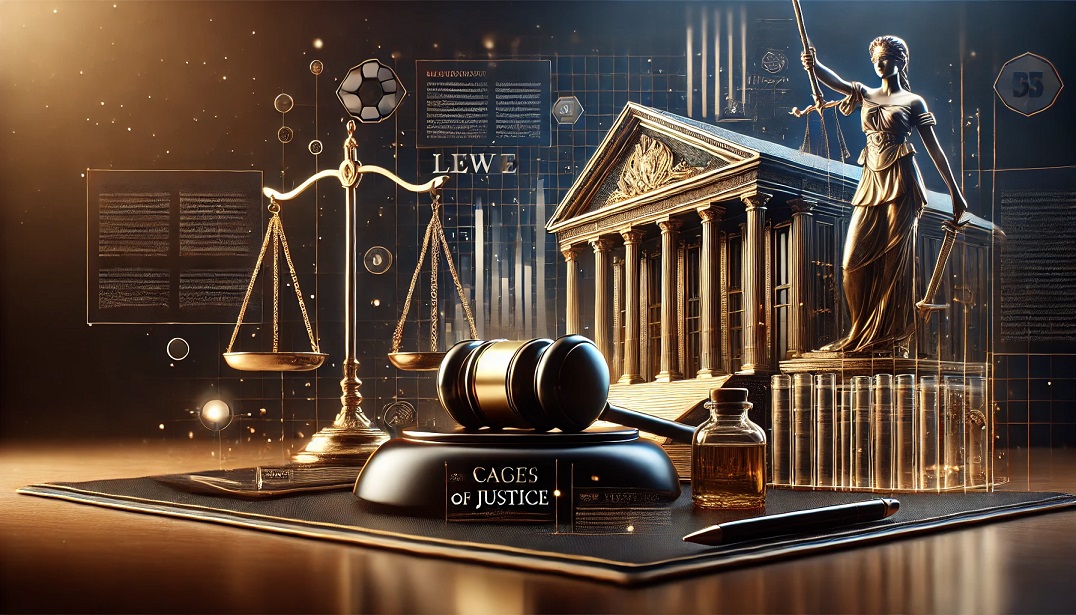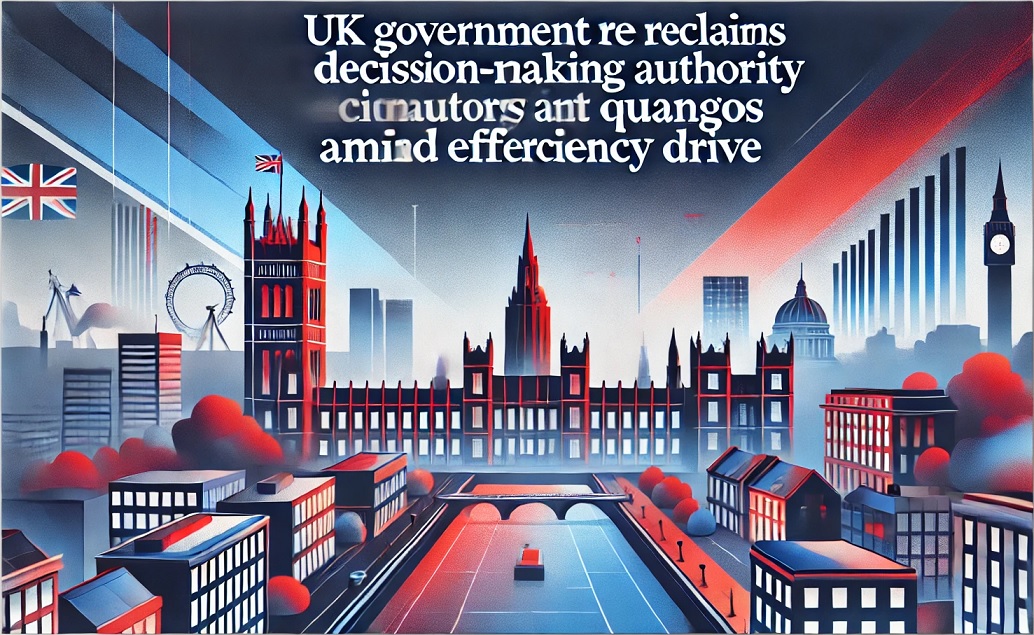Former President Donald Trump has called for stricter measures to curb frivolous lawsuits, a move that has drawn both support and criticism from the legal community. The proposal aims to reduce baseless litigation, but opponents argue it could limit access to justice for many individuals.
The legal landscape in the United States is facing a potential shake-up as former President Donald Trump pushes for new policies aimed at curbing so-called \frivolous lawsuits.\ The proposal, which seeks to tighten regulations on litigation deemed unnecessary or baseless, has sparked fierce debate.
While business leaders and conservatives support the move, arguing that excessive lawsuits burden the economy, legal professionals and consumer advocates warn that such measures could erode legal protections for ordinary citizens.
What Are 'Frivolous' Lawsuits?
Frivolous lawsuits refer to legal claims that lack merit, are intended to harass, or seek exaggerated compensation. These cases are often dismissed in court, but not before consuming judicial resources and costing defendants time and money.
Examples of Past Controversial Lawsuits
✔ A woman sued McDonald’s for $5 million, claiming she suffered \emotional distress\ from receiving a single napkin.
✔ A man attempted to sue a dating app for failing to find him a match within a certain period.
✔ A lawyer in Washington, D.C., sued a dry cleaner for $67 million over a lost pair of pants.
Trump's Plan: Key Provisions
Trump’s legal reform initiative focuses on several core measures aimed at reducing frivolous lawsuits:
🟢 Stricter Filing Requirements – Plaintiffs may need to provide stronger initial evidence before a case can proceed.
🟢 Higher Penalties for Frivolous Cases – Lawyers and plaintiffs filing baseless lawsuits could face fines or legal sanctions.
🟢 Limits on Damages – Caps may be placed on certain financial compensations awarded in lawsuits.
🟢 Mandatory Arbitration for Businesses – Encouraging private settlements instead of court battles.
Supporters’ Arguments: Ending Legal Abuse
Many conservatives and business groups have long pushed for tort reform, arguing that excessive litigation:
✔ Hurts Businesses – Companies spend millions defending against baseless claims, driving up costs.
✔ Clogs the Courts – Genuine cases face delays due to an overflow of minor lawsuits.
✔ Increases Consumer Prices – Businesses pass legal costs onto consumers.
A spokesperson from the U.S. Chamber of Commerce stated, “Frivolous lawsuits stifle economic growth and innovation. We support President Trump’s effort to restore balance to the legal system.”
Opponents’ Concerns: A Threat to Consumer Rights?
However, legal experts and civil rights groups warn that these changes could:
❌ Limit Access to Justice – Ordinary citizens might struggle to hold corporations accountable.
❌ Suppress Legitimate Cases – Many valid lawsuits could be dismissed under stricter rules.
❌ Favor Wealthy Defendants – Large businesses could exploit the system to avoid responsibility.
Attorney Lisa Reynolds, an advocate for consumer rights, argued, “This reform is a gift to big corporations. It silences everyday Americans who seek justice against powerful entities.”
Recent Lawsuit Trends in the U.S.
📌 Increase in Class Action Lawsuits – More consumers are suing corporations over deceptive practices.
📌 Medical Malpractice Cases Rising – Healthcare-related lawsuits continue to grow despite reforms.
📌 AI & Technology Lawsuits – New legal battles over AI bias, data privacy, and copyright claims.
Potential Impact of the Lawsuit Crackdown
🔹 On Small Businesses: May reduce legal risks but also limit their ability to sue larger competitors.
🔹 On Consumers: Could make it harder to seek compensation for harm caused by corporations.
🔹 On the Legal System: Might reduce caseloads but could also prevent fair trials for valid claims.
Conclusion: A Legal Crossroads for America
Trump’s push to crack down on frivolous lawsuits has ignited a national debate. While business groups praise the potential for reducing excessive litigation, critics fear that the reforms could restrict justice for everyday Americans.
As the legal community continues to weigh in, the final outcome of these proposed changes remains uncertain.
Disclaimer
This News is for informational purposes only and does not constitute legal advice. Readers should consult legal professionals for specific guidance regarding lawsuits or legal matters.

















Comments 0